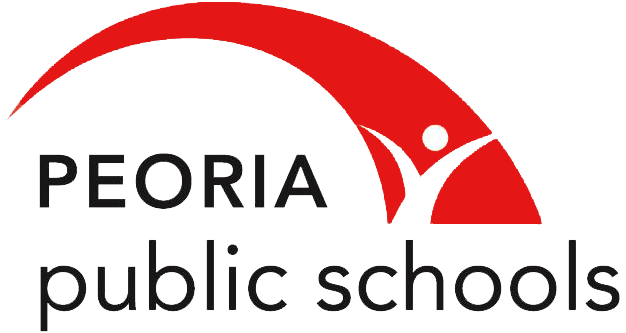End of Gallery
At Peoria Public Schools, There are

THE OFFICIAL PPS THEME SONG!
All vocals by B-Joe Foster and Brian "Tightest" Yarbrough
Recorded, mixed, and mastered at Eclipse Studios and The Vault 309
This song is a parody and falls within the guidelines of "fair use." All copy rights reserved "The PPS Theme Song" 2024
programs
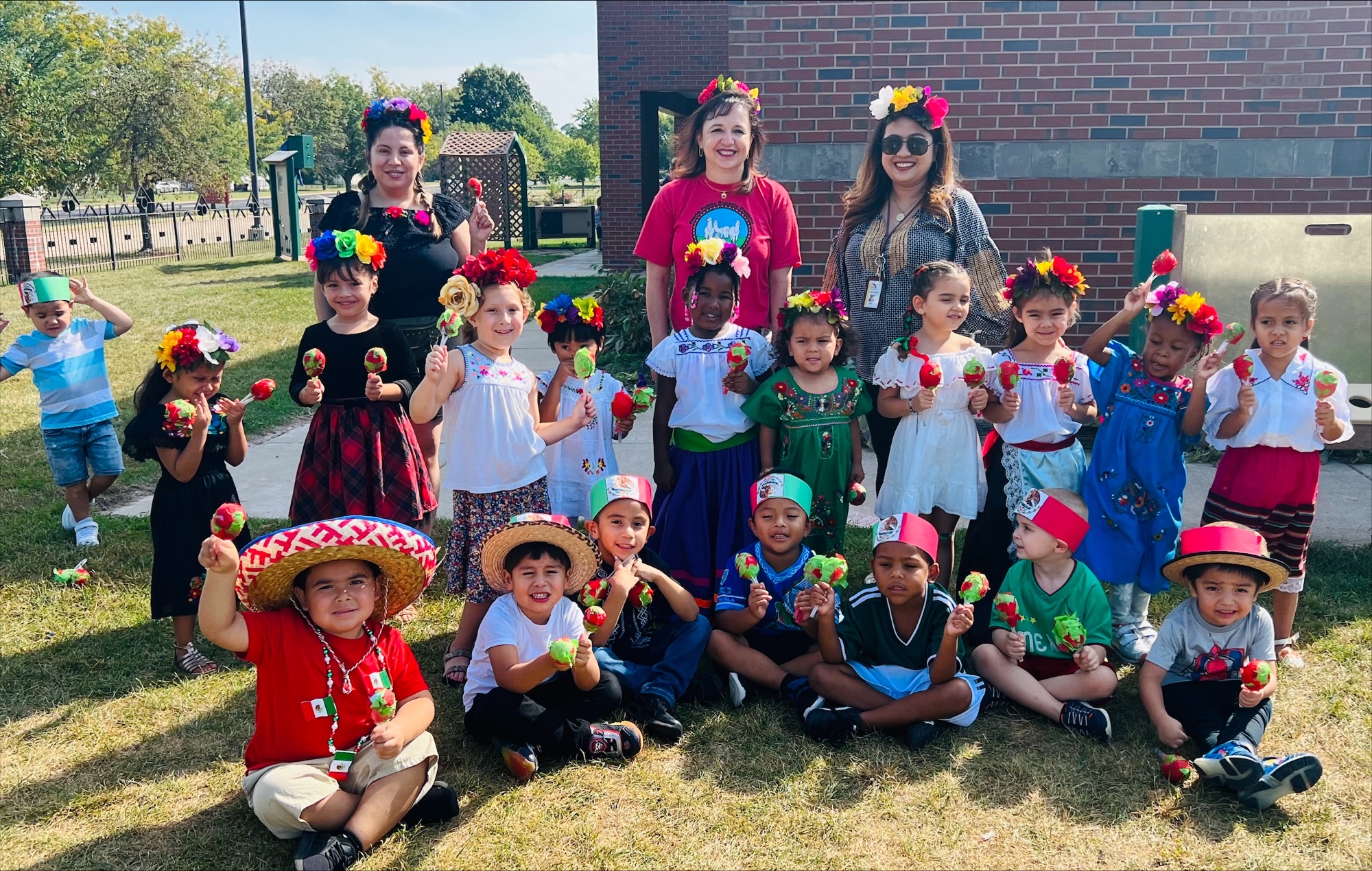
Dual Language Immersion
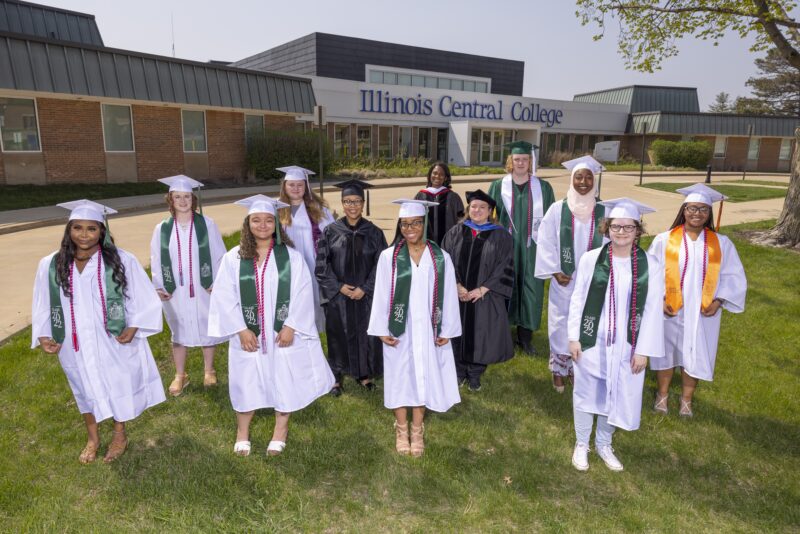
Diploma/Degree (D2) Program

Career & Technical Program
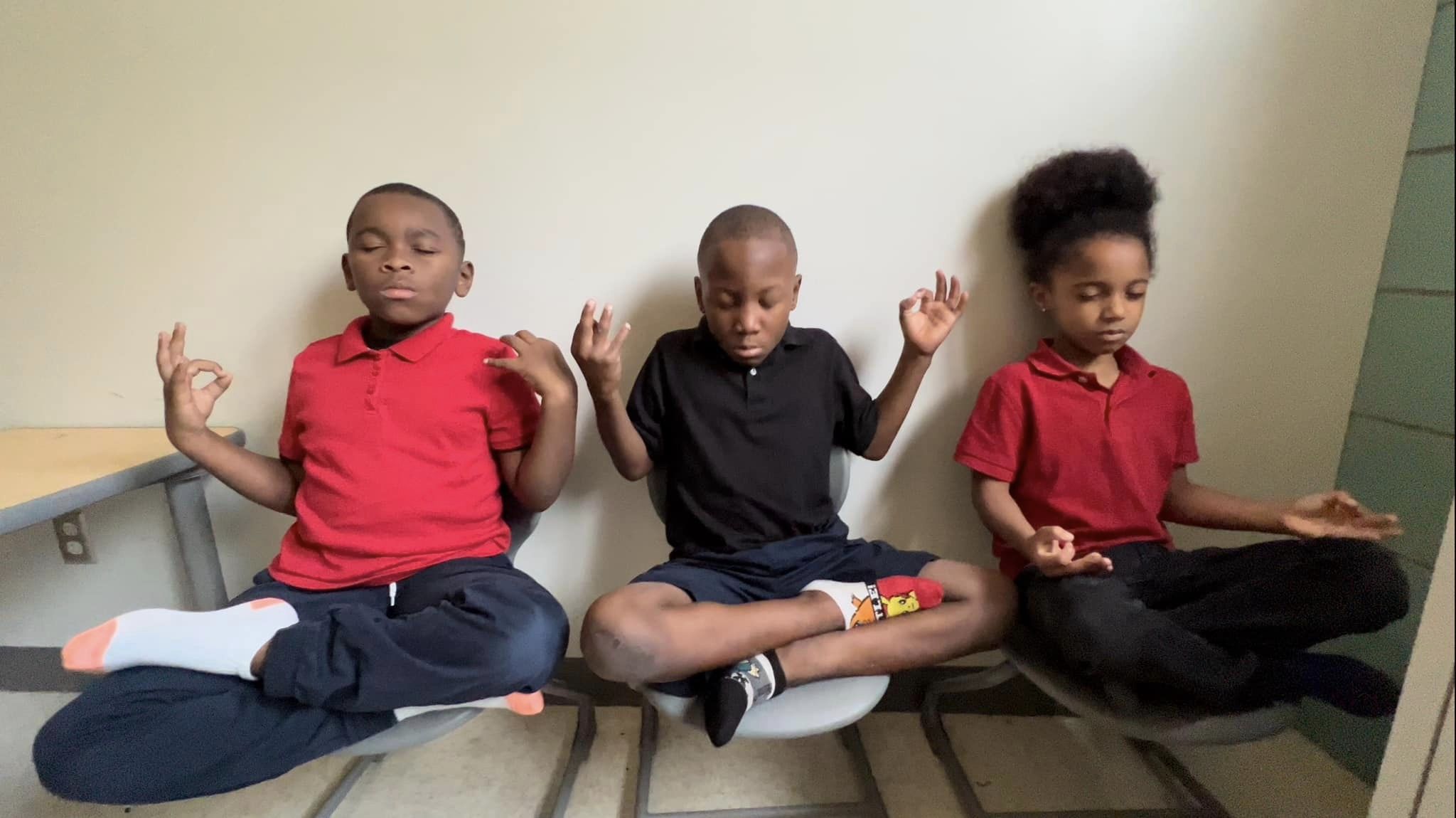
RISE Academy
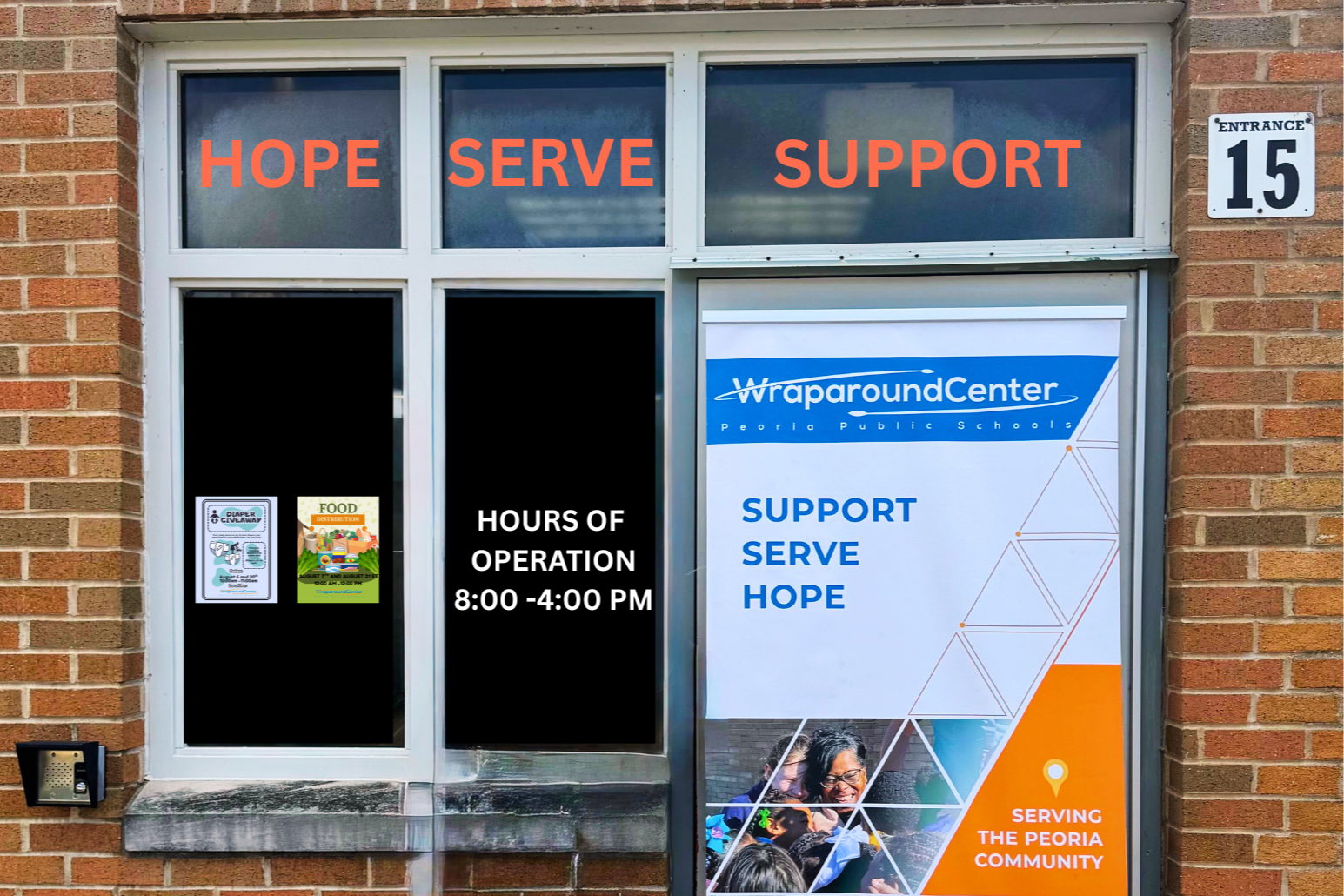
The Wraparound Center
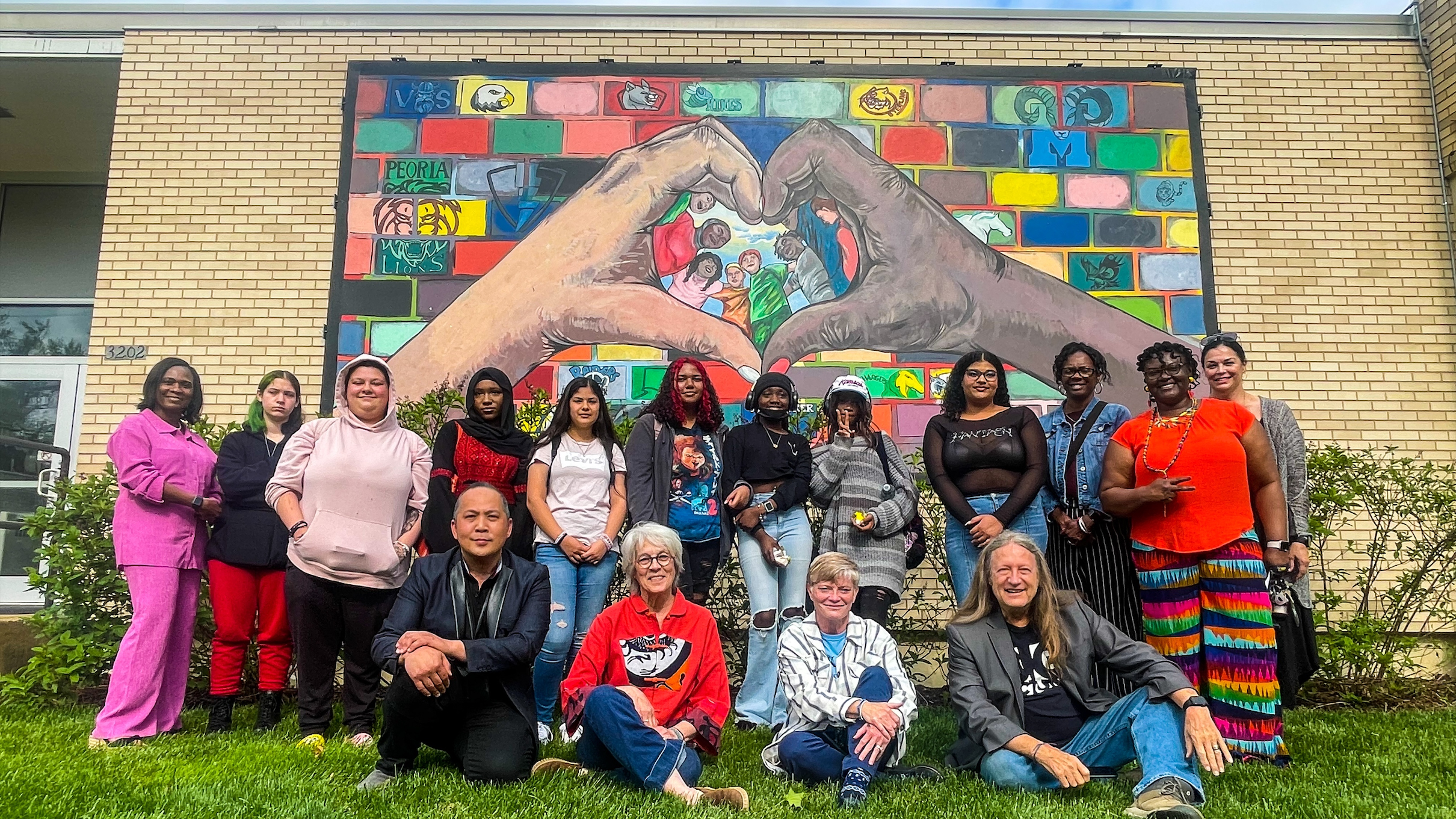
Preparatory School of the Arts
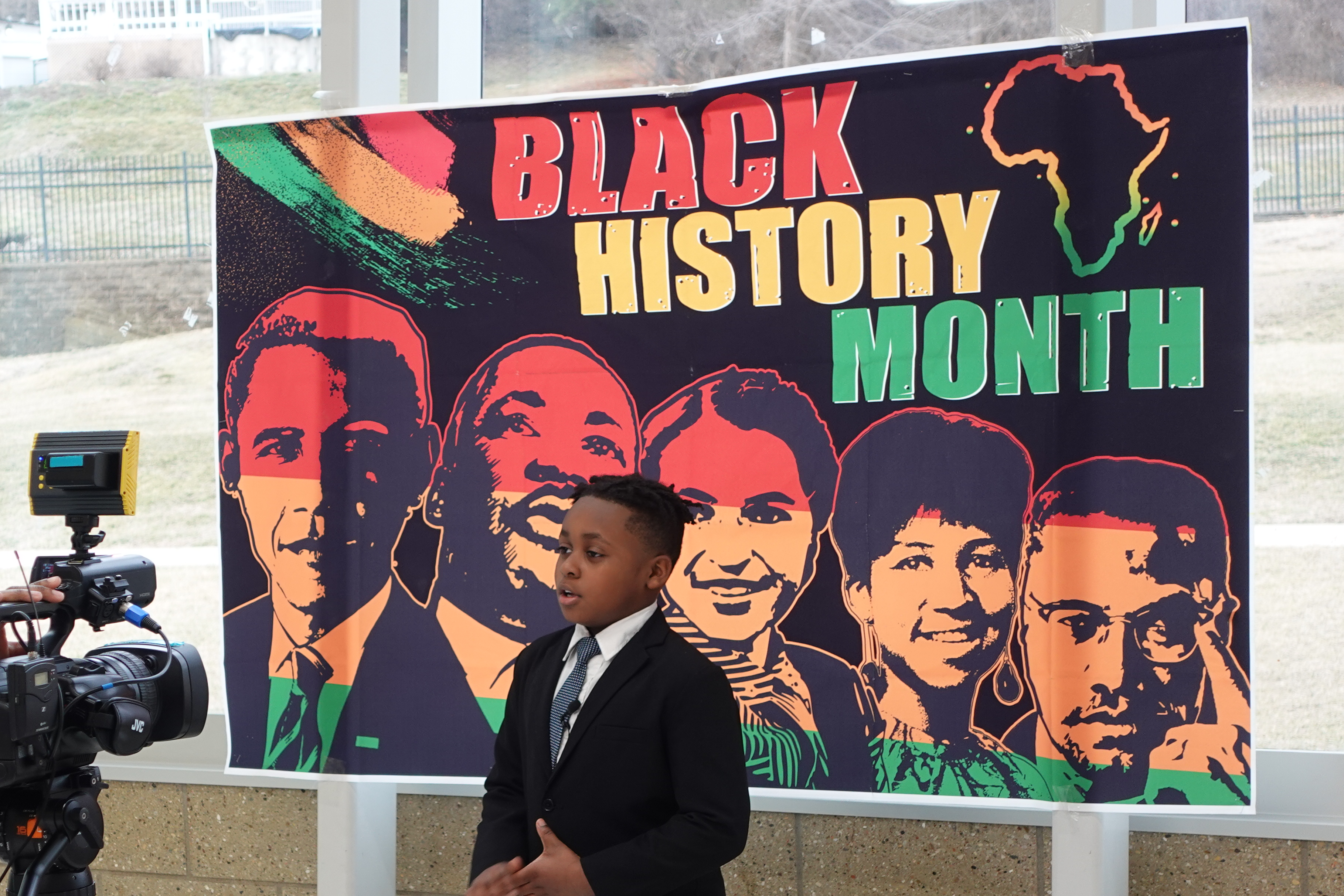
Black History Curriculum
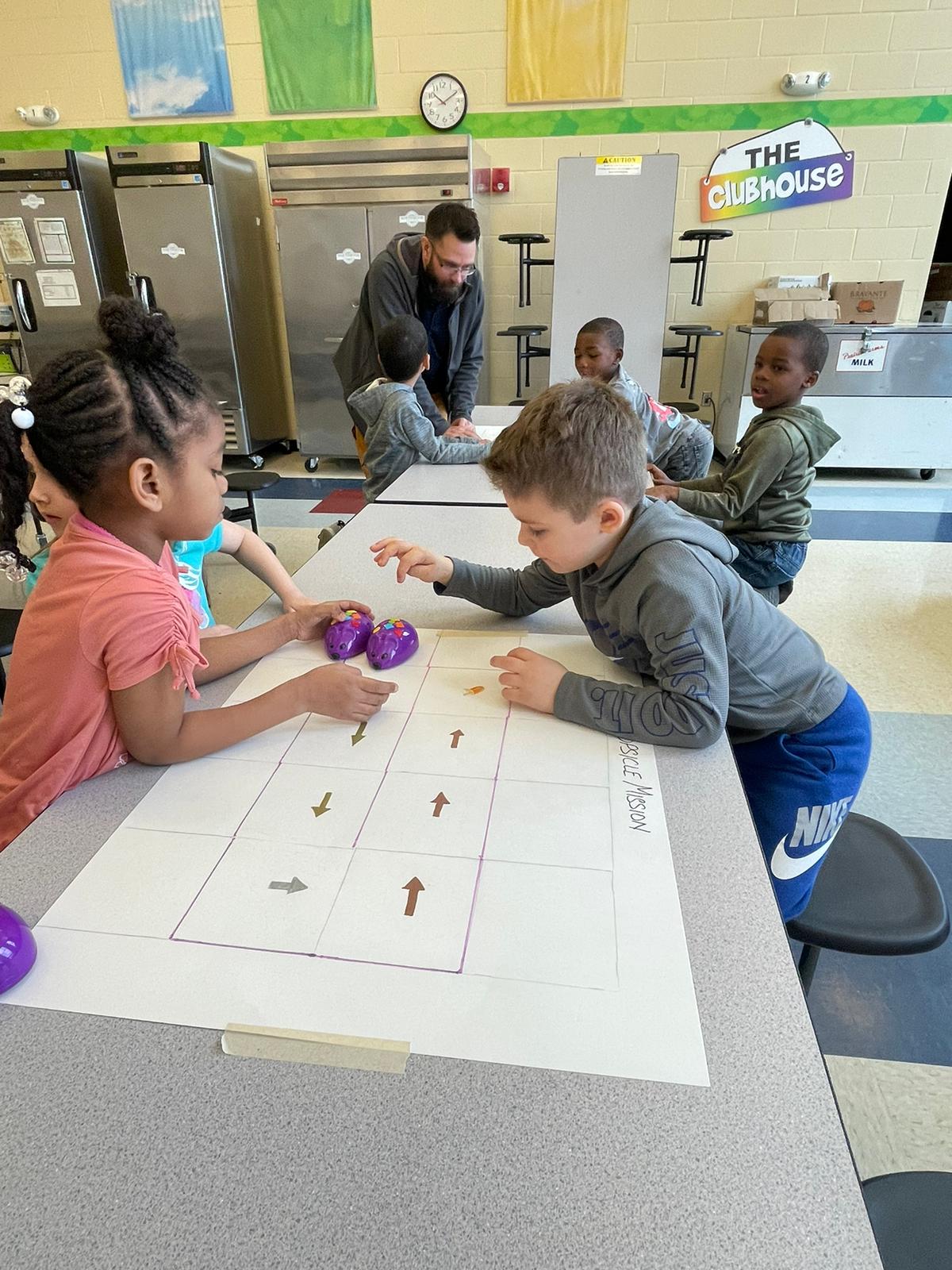
Fall & Spring Sessions
